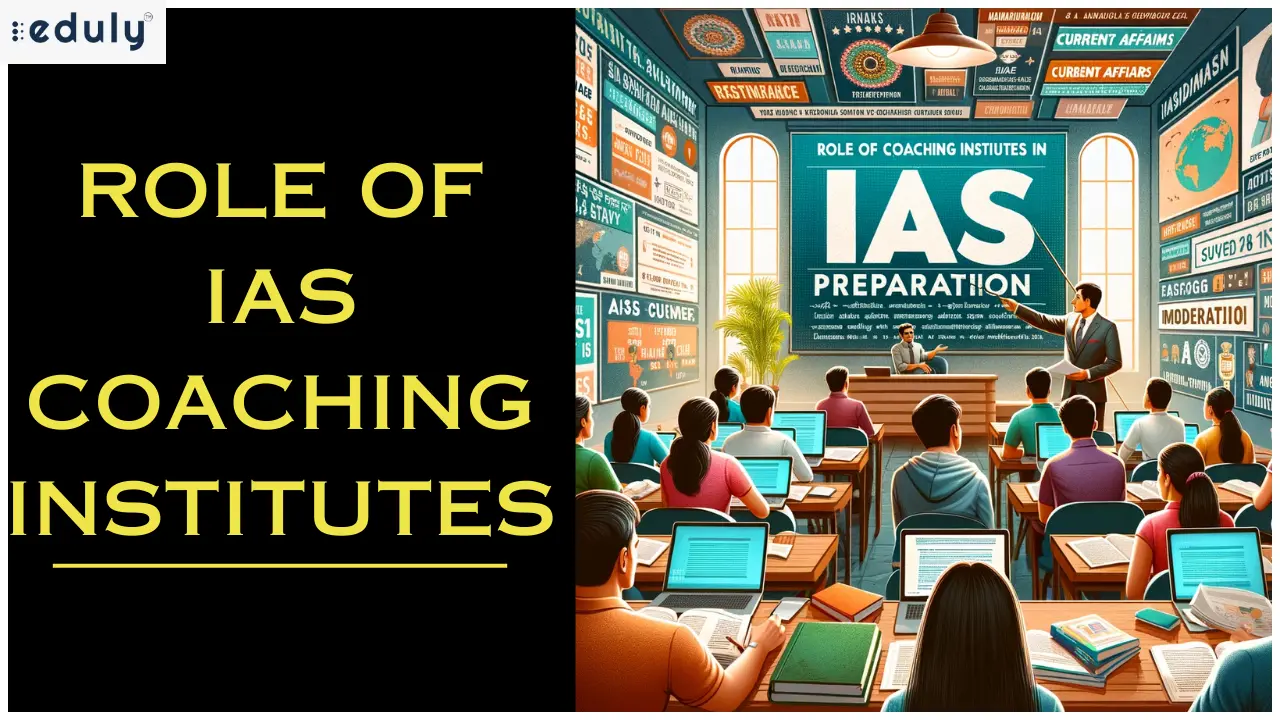Introduction:
This article advises on choosing an optional for the IAS mains test as well as details on the UPSC optional subject list.
There are three phases to the UPSC’s highly competitive Civil Services exam. Questions concerning the number of subjects and available options on the IAS exam are frequently asked by aspirants. To bring light to the topics covered in the IAS exam, this article seeks to answer these questions. Nine exams make up the UPSC mains (written) test, comprising two qualifying papers and seven papers that go towards determining the final ranking. Find out which extra subjects are offered for the IAS exam by reading on.
In the UPSC CSE, the optional subject exam is crucial. With careful selection and concentrated efforts, candidates can gain a lead of 20-50 marks in the optional subjects, even if the General Studies (GS) Mains Exam may not offer many offers for differentiation.
Understanding the Optional Subject
The Prominent Civil Services examination conducted by the UPSC has three stages: Preliminary Test, Mains, and Personality Test. There are nine Papers in the written mains exam. Two “qualifying” papers and seven papers including an optional paper that will be used to determine “ranking” are included in this.
The UPSC offers a range of optional subjects, which includes literature courses in both English and Indian languages. For the main exam, candidates ‘had to select ‘anyone’ optional. There are two papers on the optional topic, each worth 250 points. The exam papers will all be descriptive. The UPSC mains exam will have three hours allotted for each paper. Only Hindi and English will be used for the question papers except the literature and language papers. The UPSC mains exam heavily relies on the optional paper.
In the UPSC Mains, the optional is worth 500 marks total out of 1750. This demonstrates the relevance of the optional subject and emphasizes how crucial it is to select the UPSC optional with the highest score possible since it can significantly impact a candidate’s overall ranking.
Factors to Consider When Choosing an Optional Subject
Interest and Passion:
Your interest in the optional subject should be your first consideration while choosing it. You should choose a subject if you are interested in learning more about it and find it enjoyable to read about. You can study more quickly if you choose subjects that you are interested in.
Academic Background:
A significant part of applicants select a subject from their previous study or graduation. They only need to match their knowledge with the UPSC syllabus because they are already familiar with it. When it comes to their area of comfort, for example, a lot of medical students choose medical science. This is the suggested alternative in particular for those who begin studying for the UPSC exam while still in college or who are completing their education while getting ready for the civil services.
Availability of Study Material and Coaching:
Several UPSC students choose subjects where study materials are easily accessible. History, geography, anthropology, sociology, political science, psychology, and public administration are typical examples of these fields.
Some applicants have a preference for subjects where there is greater IAS coaching available. That being said this is arbitrary because even though a candidate attends coaching classes, they are not helpful if they have no passion in the subject. This criterion may be worth taking into consideration if you wish to begin your IAS preparation from scratch then I recommend the Delhi for IAS Coaching and have lost track of your graduation or post-graduate subjects.
Overlap with General Studies:
Selecting a subject that coincides with the GS paper could be a smart move for applicants who are unclear about many of the topics that will be discussed. If you are short on time, you should do this as well. These disciplines include geography, sociology, political science, history, public administration, and philosophy.
Analyzing Previous Years’ Trends
Based on past year trends, approximately 4000 UPSC candidates choose to take geography as an optional subject for the UPSC mains examination. Approximately 30% of the over 10,000 applicants who are chosen to take the UPSC Civil Services Exam each year choose geography as their optional subject for the UPSC Mains.
Seeking Guidance and Mentorship
Consult with peers who are currently studying for the UPSC examination or who have already taken it for advice and direction. Their knowledge and opinions on various elective areas can be greatly enhanced by their experiences and insights. Consult mentors or subject matter experts as well, as they can provide knowledgeable guidance based on their experience and understanding.
Making the Final Decision
After you’ve decided on your optional subject, make sure your study plan is organized. Divide the syllabus into small portions and give each topic a set amount of time. To evaluate your progress and pinpoint areas for growth, incorporate practice tests, mock exams, and frequent revisions into your study strategy.
Make sure you regularly assess your progress and modify your study strategy as necessary. Determine your areas of strength and weakness in the optional subject and work on strengthening your deficiencies. Utilize self-evaluation and mock test analysis to monitor your progress. As your demands change, make modifications to your study strategy.
Preparation Strategies Post Selection
Keep up with current events and connect them to your optional. This will improve your comprehension and provide you with the ability to respond to inquiries from a wider angle.
Ask seasoned applicants, instructors, or mentors for their opinions on your performance and methodology. Their helpful critique will enable you to improve your planning process.
You can save a lot of time by choosing an optional course that is related to General Studies. This is especially helpful if you’re short on time for preparation. Still, it is best not to choose a subject only because it overlaps with GS if you are weak in that area. This tactic could backfire.
Conclusion:
Selecting the appropriate optional subject for the UPSC exam is an important choice that needs to be carefully thought out. You can improve your chances of passing the UPSC test by realizing the significance of the material, investigating and weighing your options, matching the material to your background and interests, assessing study aids and advice, taking past performance into account, and efficiently managing your time and energy. After choosing the appropriate subject, comes selecting the right IAS coaching, which will increase your chances of clearing the UPSC.
Also Read:




